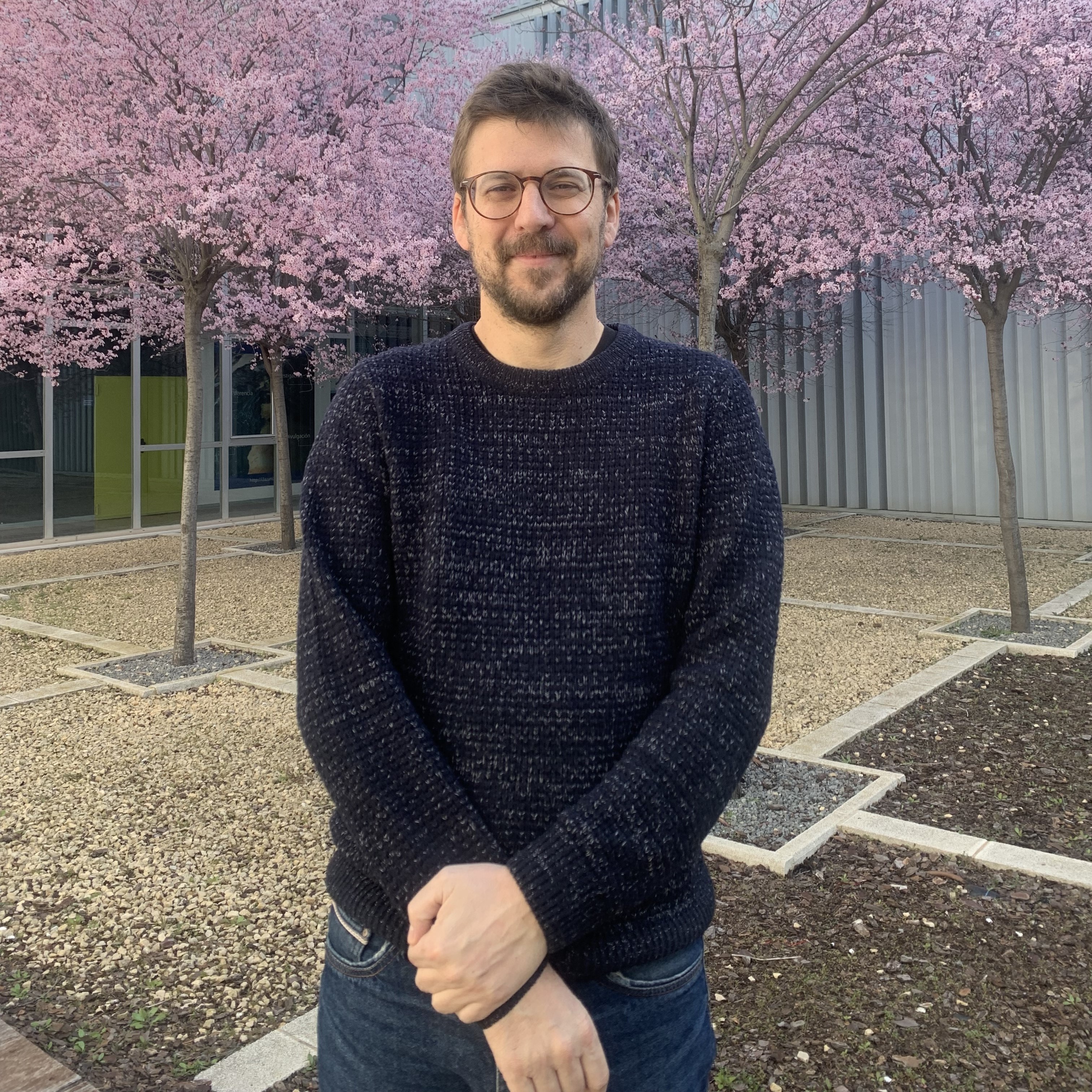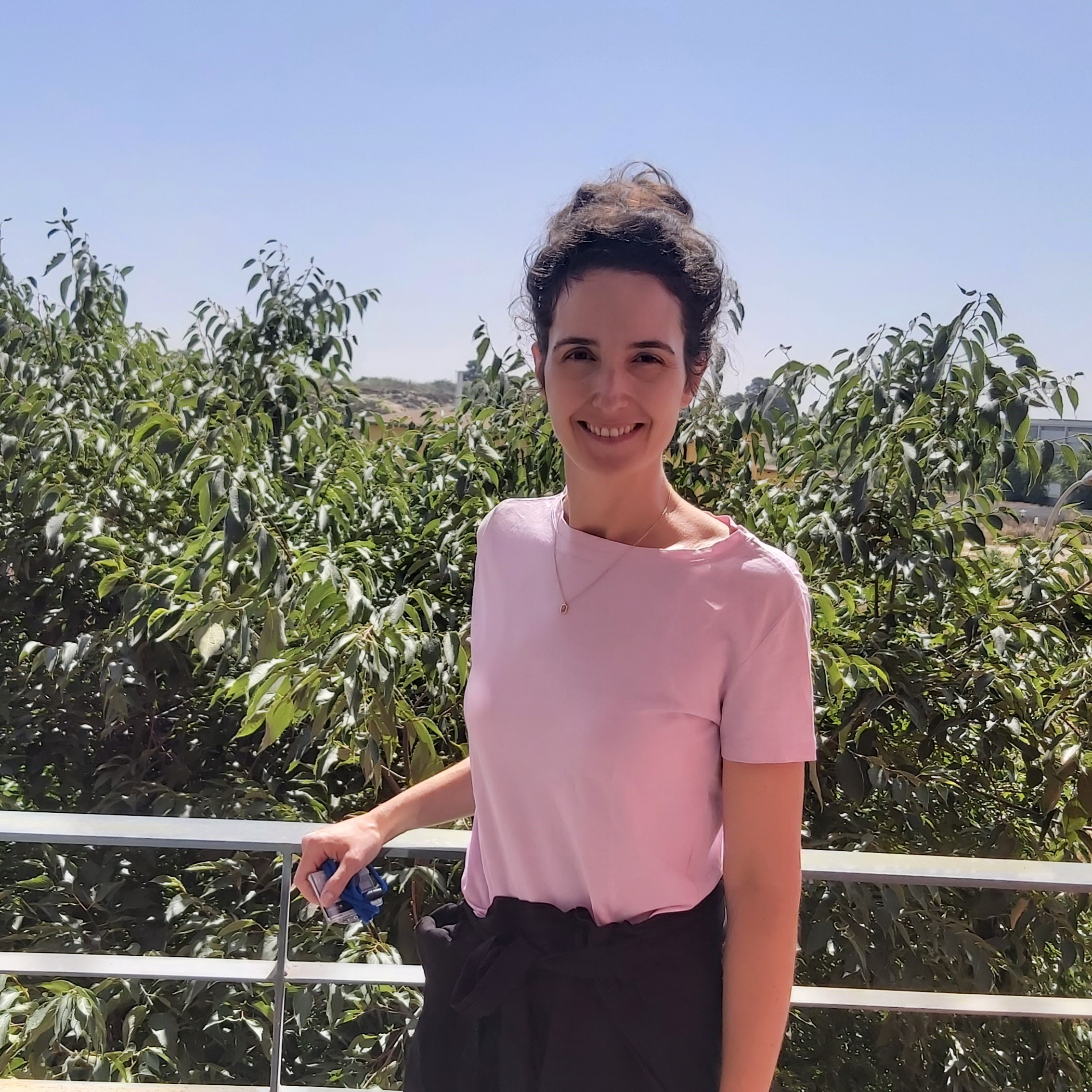
Why did you decide to go into research ?
In my case, the first thing that attracted me was teaching. Since I was very young, I liked the idea of being a teacher, and that was what initially caught my attention. It wasn't until the fourth year of my career that I became interested in a particular subject, automatic systems. As I got deeper into it, I discovered that I really liked it. I was introduced to research through my final thesis and it was then that I saw that I enjoyed the idea of advancing knowledge as something prior or simultaneous to transmitting it.
As deputy director of the I3A, what would you highlight about the Institute?
would highlight many things. Above all, I was pleased to discover that the Institute is even better from the inside than as a user, which is how I had experienced it in previous years. The I3A provides us very important services for researchers, which are very useful and allow us to work more comfortably. However, from the inside, what has impressed me most is what it costs to keep these services active and ensure their proper functioning. It is very remarkable the effort of the people who make them, also in a very professional and competent way and with a lot of care and affection.
In your research group, what are your most important lines or areas of work?
In the RoPeRT research group (Robotics, Computer Vision and Artificial Intelligence), I am mainly dedicated to computer vision. The goal of this discipline is to provide computers with the ability to see in a similar way as people do. This involves various tasks, such as recognizing objects in the environment, estimating the three-dimensional structure of objects, understanding their spatial context (for example, identifying walls and how far away they are), or tracking moving objects. All this is part of computer vision, which is now closely linked to the field of Artificial Intelligence, which is currently gaining great relevance.
Any project you would like to highlight
More than a project, I would like to highlight a line of research, the one I have been following for the longest time, on scene localization and mapping, also known by the acronym SLAM or as Spatial Artificial Intelligence. This area focuses on the creation of three-dimensional models not only of the field of view of a camera at a given time, but of the aggregation of several images from different points of view to estimate a globally consistent model of the environment that can be called a map.
How do you envision the future of your research area? Are there trends or challenges that you find particularly interesting or important?
In the field of computer vision, innovations are occurring at a dizzying pace, making it difficult to internalize the capabilities of new techniques and to foresee future challenges. It has already happened several times that very rapid advances have occurred in lines that researchers considered very difficult, and vice versa. The rapid evolution makes it difficult, at least for me, to see what the most important challenges will be in one or two years' time, and what we will be able to advance in that time.
What do you enjoy most about your profession? And what do you enjoy least?
What I enjoy most about my profession is the constant intellectual stimulation, since one of its main objectives is to address unsolved problems and creatively advance in their solution. However, in research, I see a lot of difficulty in the early stages, where a lot of initial effort is needed to understand the current state of the field and come up with innovative ideas. In addition, job insecurity in these stages is also notable, as contracts are usually temporary and do not guarantee stability until later in the career.
What would you say to anyone thinking of going into research?
Research is a very beautiful and enriching activity. You have to be very clear that you want to dedicate yourself to it, because at the beginning it can require a lot of effort in conditions that are not ideal. But if you really like it, I think it is interesting to give it a chance. Deciding, taking the leap and trying it is risky, but if it works out well, it is an activity that brings you a lot.
CLOSE UP……
What did you study: Industrial Engineering
A dream to fulfil: I have been fortunate enough to have already fulfilled the ones that mattered most to me
What do you do in your spare time: reading, cycling and traveling
A book: Many... to name just one favorite, Cien Años de Soledad
A movie: I've been watching quite a few Pixar and Disney films lately, I love Up and Wall-E
A serie: A Dos Metros Bajo Tierra, Breaking Bad, The Wire
Favourite band or singer: Bob Dylan
A trip: Japan, Australia or Argentina
How would you define yourself: Restless, curious and a bit nerdy
